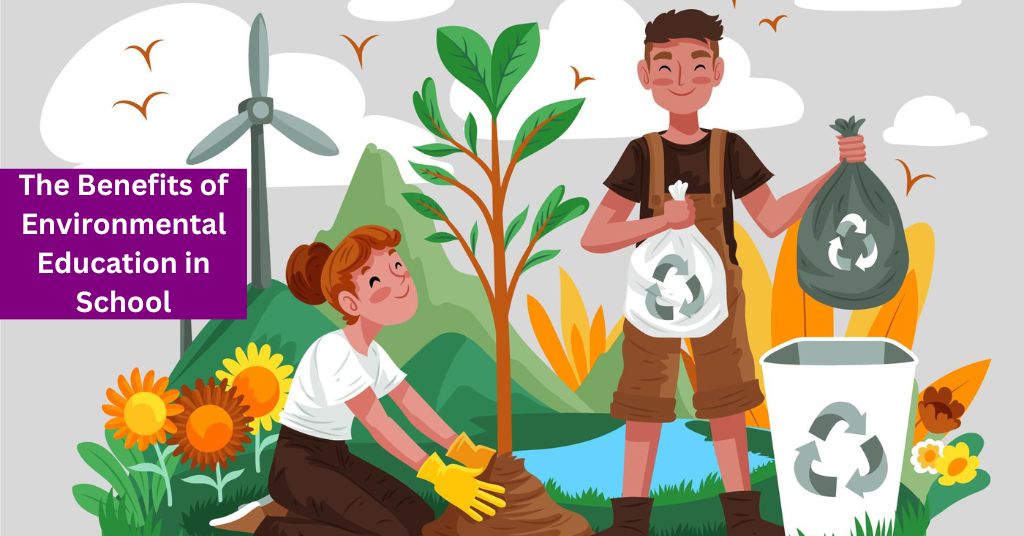Introduction
Environmental education is an important part of educating school-going children because it teaches them the importance of protecting the environment. This allows them to make a positive impact in their school and communities. It also allows them to gain a better understanding of the many issues facing the environment, and what mitigation measures could be implemented to tackle them. Brainy Stars International Montessori & School, a pioneer in this field is the leading school among the schools in Jayanagar.
There are many benefits to incorporating environmental education into school learning systems. Here are some of the main reasons why it is important to include environmental education in the teaching curriculum:
1. Promotes healthy lifestyle
Kids who don’t get out more often are more likely to experience issues like obesity and depression. Nature has a healing power, according to the essay writing service. And the environmental education activities make sure kids don’t just sit at home.
2. Instills respect for nature
Environmental education helps children understand the importance of respecting nature and how they can benefit from the beauty and wonders of nature.
3. Teaches children about environmental challenges
It also educates children on some of the important issues that are likely to have an impact on the environment. This allows them to take part in the global effort to preserve the environment. Environmental education also prepares children for future jobs and provides them with the necessary skills to become professionals.
4. Trains on the significance of being kind to nature
This includes being nice to animals and nice to people. It helps children understand why it’s important to be nice to others. Children learn that caring for the environment doesn’t just mean caring for what’s in the environment. It also means caring for the people around them, as well as domestic and wild animals.
5. Enables development of critical thinking skills
This includes being nice to animals and nice to people. It helps children understand why it’s important to be nice to others. Children learn that caring for the environment doesn’t just mean caring for what’s in the environment. It also means caring for the people around them, as well as domestic and wild animals.
6. Teaches them to be responsible
Through the environmental education program, the children learn that being a responsible human being is important on a personal level and as a whole as a generation. This is why at an early age of life, we at Brainy Stars International Montessori & School, groom its students on how responsibility can be inculcated
7. Assists the government in meeting its objectives
The ultimate goal of any government is the protection of both its people and their assets. The same goes for the protection of the environment in which they live. Environmental education programs in schools play an important role in supporting the government in protecting the environment.
Conclusion
Environmental education has been demonstrated to have a positive impact on the development of future adults. Brainy Stars International Montessori & School, for example, have enabled students to acquire the necessary scientific and mathematical abilities that are essential for their lives. Furthermore, civic engagement in environmental conservation has resulted in a more inclusive society. The whole human race must come together to contribute to the preservation of the environment. Every individual has a part to play in guaranteeing a safer, healthier, and more prosperous future for future generations.





